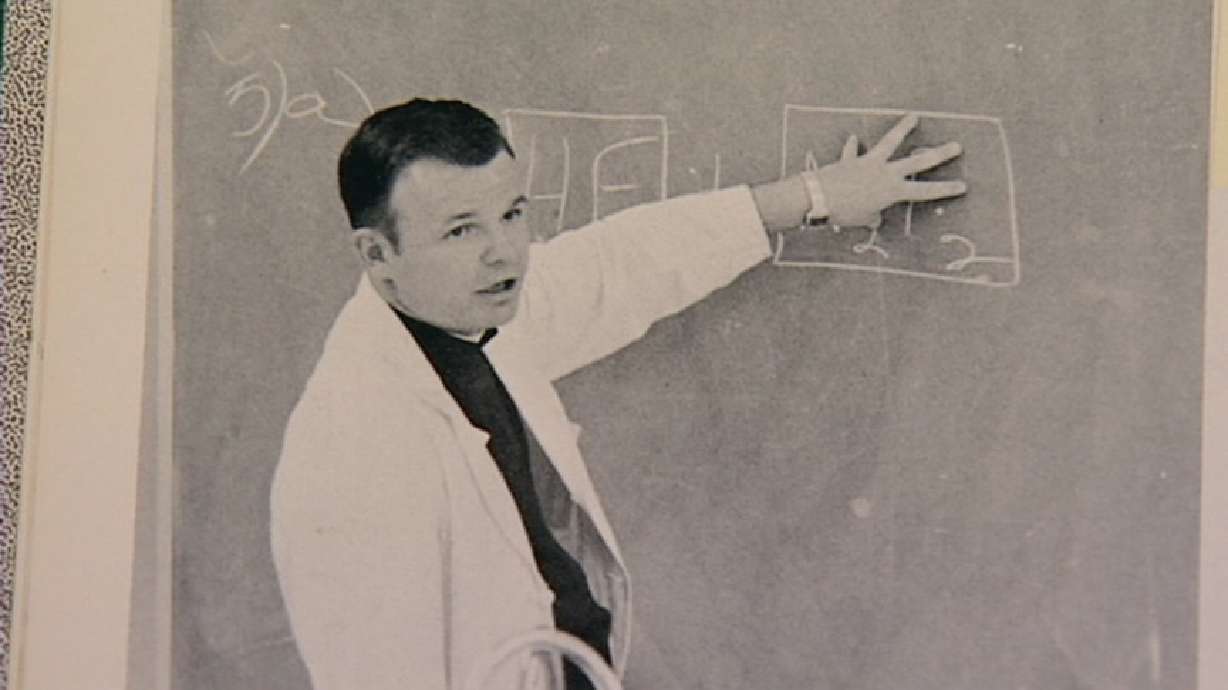Estimated read time: 2-3 minutes
This archived news story is available only for your personal, non-commercial use. Information in the story may be outdated or superseded by additional information. Reading or replaying the story in its archived form does not constitute a republication of the story.
SALT LAKE CITY (AP) -- The Utah Supreme Court has heard arguments over whether the clock for two brothers to sue over their alleged molestation by a priest in the early 1970s should have started when they turned 18 or when they read a newspaper article about the priest in 2002.
Attorneys for the Catholic Diocese of Salt Lake City and Judge Memorial High School told the court on Wednesday that under Utah law, the statute of limitations is four years from the time the two brothers turned 18.
Ralph Louis Colosimo, 52, and Charles Matthew Colosimo, 44, claimed they were repeatedly sexually abused by a teacher, the Rev. James Rapp, at various times between 1970 and 1975.
Rapp pleaded no contest in 1999 to lewd molestation of a boy in Oklahoma and was sentenced to a 40-year prison term.
The Colosimo brothers filed their $80 million lawsuit in 2003. The lawsuit contends church and school officials knew of Rapp's pedophile tendencies, but were more concerned with protecting institutions than children.
Larry Keller, attorney for the Colosimos, said the brothers were taught to revere and respect priests and school officials.
Given that and the fact that Rapp was a friend of their family and the shame associated with the abuse, it was understandable that the men stayed silent until they read a newspaper article about Rapp in 2002 and realized the scope of the problem, Keller said.
He said that even if the brothers had inquired about Rapp's behavior, there is evidence that they would have "met with a stone wall" from the school and church.
Keller said letters written by a school counselor and Judge Memorial's principal at the time showed that they knew about Rapp's behavior but did not seem willing to do anything because it would look bad in a community dominated by another denomination.
A district judge and the Utah Court of Appeals have ruled against the brothers, citing the statute of limitations, but Keller called it a "legal technicality" in this case.
Defense attorney Russell Fericks said bending the statute of limitations would diminish the law.
Chief Justice Christine Durham said, "I know of no court which, in absence of repressed memories, has been allowed around the statute of limitations."
(Copyright 2006 by The Associated Press. All Rights Reserved.)








